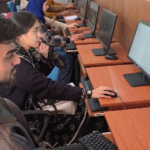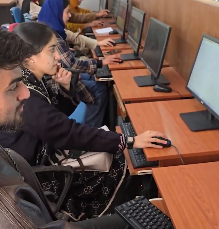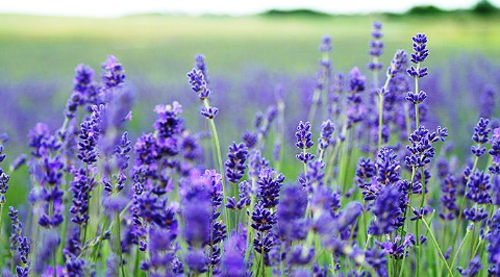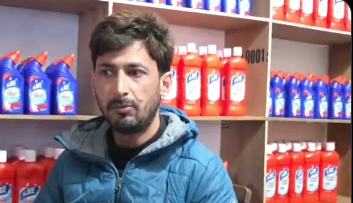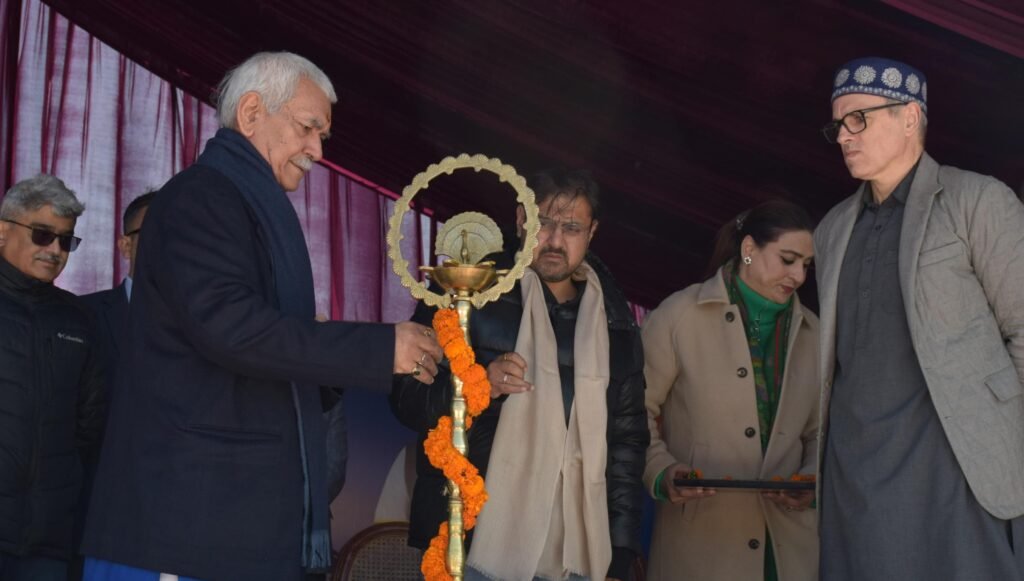In the heart of Kashmir’s apple bowl, Shopian, fruit growers are celebrating a historic milestone: the approval of the Peer Ki Gali Tunnel along the Mughal Road. This ₹3,830-crore project, sanctioned by the Union Ministry of Road Transport and Highways on June 23, 2025, promises to make the 84-km Mughal Road an all-weather route, ensuring year-round market access for the region’s apple growers. “When Mughal Road closes, our apples rot,” said Ghulam Nabi Dar, a local fruit vendor, capturing the frustration of decades. The tunnel is set to turn this narrative of loss into one of revenue and empowerment, marking a turning point for Shopian’s apple industry.
The Challenge: Seasonal Isolation and Post-Harvest Losses
Shopian, renowned for producing premium apple varieties like Red Delicious, Maharaji, and American Apple, contributes significantly to India’s apple production, which accounts for nearly 75% of the national output. The region’s apple industry supports over 3.5 million livelihoods, including growers, traders, and transporters. However, the Mughal Road, connecting Shopian to Rajouri and Poonch in the Jammu division, closes for nearly six months each year due to heavy snowfall at Peer Ki Gali, a high-altitude pass at 3,450 meters. This closure forces reliance on the often-blocked Srinagar-Jammu National Highway (NH-44), leading to delays, spoilage, and significant post-harvest losses.
“Our apples rot when we can’t reach markets on time. The tunnel will change everything,” said Ghulam Nabi Dar, a fruit trader from Shopian.
The lack of reliable connectivity has long constrained the region’s economic potential, with growers losing revenue due to spoilage of drupes with short shelf lives, such as early-season apples and other stone fruits.
The Solution: Peer Ki Gali Tunnel
The Peer Ki Gali Tunnel, part of a ₹10,637-crore package of 19 road and tunnel projects for Jammu and Kashmir, is a game-changer. By providing an all-weather route, the tunnel will ensure uninterrupted connectivity between Shopian and key markets in Jammu, Delhi, and beyond. The project addresses a long-standing demand of Shopian’s residents, who have faced isolation during harsh winters.
Key features of the project include:
- Cost: ₹3,830 crore
- Purpose: To make the Mughal Road an all-weather route
- Impact: Reduced travel time, minimized post-harvest losses, and enhanced market access
- Additional Benefits: Boost to tourism in the Pir Panjal region, including destinations like Shahdara Sharief and Doongi Marg
Mohammad Asharf Waini, president of Fruit Mandi Shopian, emphasized the tunnel’s significance: “It will ensure timely transportation of fruit, especially drupes with short shelf lives, directly impacting growers’ incomes.”
Economic and Social Impact
The Peer Ki Gali Tunnel is poised to revolutionise Shopian’s apple industry by addressing logistical bottlenecks. The following table outlines the current challenges and the anticipated impact of the tunnel:
| Aspect | Current Challenge | Impact of Peer Ki Gali Tunnel |
|---|---|---|
| Market Access | Limited by Mughal Road closure (6 months/year) | Year-round access to markets in Jammu, Delhi, etc. |
| Post-Harvest Losses | High due to spoilage during transit delays | Reduced losses with faster, reliable transportation |
| Revenue | Constrained by seasonal disruptions | Increased revenue through consistent supply |
| Dependency on NH-44 | Over-reliance on frequently blocked highway | Alternative route reduces dependency |
| Employment | Seasonal disruptions in trade | Stable income for growers, traders, and transporters |
| Tourism | Limited access to Pir Panjal destinations | Enhanced tourism with all-weather connectivity |
The tunnel is expected to boost the local economy by ensuring apples reach markets fresh, increasing profitability for growers. It will also reduce dependency on NH-44, which often faces closures due to landslides or snow. Additionally, the project will promote tourism in the Pir Panjal region, creating new economic opportunities.
Voices of Hope
The approval of the Peer Ki Gali Tunnel has sparked widespread optimism in Shopian. Local leaders, including Yawar Banday and Mehbooba Mufti, have been credited for advocating the project. Social activist Mitha Gatoo said, “This tunnel is a dream come true. It will end our winter isolation and open new doors for prosperity.”
Broader Implications for Jammu and Kashmir
The Peer Ki Gali Tunnel is part of a broader infrastructure push in Jammu and Kashmir, including the ₹3,330-crore Sadhana Tunnel in Kupwara and upgrades to the Zaznar-Shopian section and Qazigund Bypass. These projects aim to enhance connectivity, boost tourism, and drive economic growth. Jammu and Kashmir Chief Minister Omar Abdullah described the tunnel as a “major achievement,” highlighting its strategic and commercial significance.
The Mughal Road, historically used by Mughal emperors in the 16th century, holds cultural importance. Its transformation into an all-weather route will strengthen ties between the Kashmir Valley and the Pir Panjal region, fostering regional integration.
A Bright Future for Shopian
The Peer Ki Gali Tunnel is more than an infrastructure project; it’s a lifeline for Shopian’s apple growers. By ensuring year-round market access, the tunnel will reduce post-harvest losses, increase incomes, and empower local communities. As construction begins, the region looks forward to a future where apples no longer rot, and prosperity flourishes.

